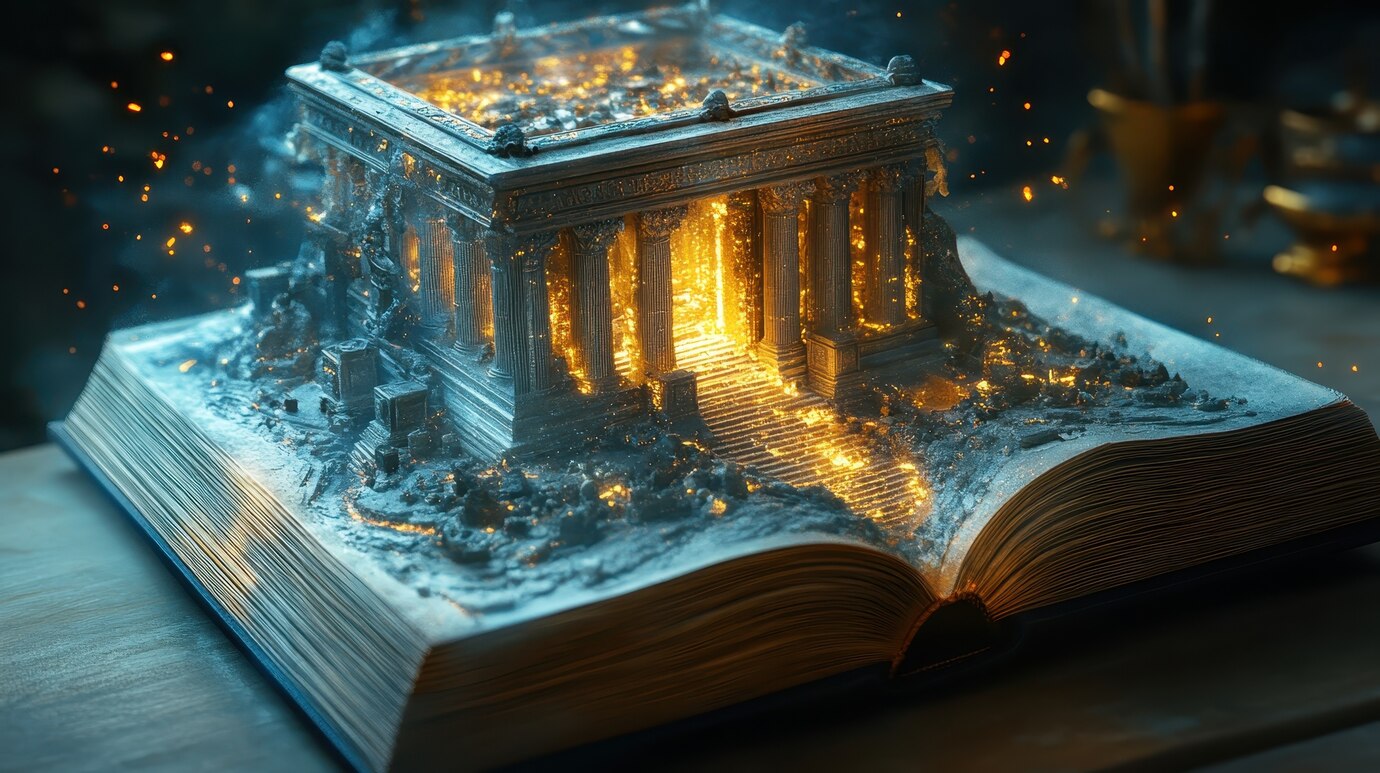The world of literature is vast, but certain novels have stood the test of time, captivating generations of readers with their timeless themes, unforgettable characters, and profound insights. These masterpieces not only entertain but also reflect the complexities of the human experience. Here’s a list of 12 novels often considered the greatest ever written, drawing inspiration from literary critics and enthusiasts.
1. Anna Karenina by Leo Tolstoy
Tolstoy’s Anna Karenina is often hailed as the epitome of realist fiction. This Russian classic weaves together the lives of aristocrats and peasants, exploring themes of love, betrayal, family, and morality. Anna’s tragic love affair with Count Vronsky forms the heart of the novel, contrasting with Levin’s philosophical quest for meaning.
Why Read It:
- Explores the depth and complexity of human emotions.
- Richly developed characters and intricate plots.
- A window into 19th-century Russian society.
2. To Kill a Mockingbird by Harper Lee
A cornerstone of modern American literature, To Kill a Mockingbird is a poignant exploration of racial injustice, morality, and compassion. Narrated through the eyes of Scout Finch, the story delves into her father Atticus Finch’s fight for justice in a racially divided Southern town.
Key Takeaways:
- Highlights the importance of empathy and justice.
- Features one of literature’s most admired characters, Atticus Finch.
- A timeless critique of prejudice and inequality.
3. The Great Gatsby by F. Scott Fitzgerald
Set in the roaring twenties, The Great Gatsby paints a vivid picture of the American Dream’s allure and its ultimate disillusionment. Jay Gatsby’s relentless pursuit of love and wealth reveals the emptiness of materialism.
Reasons to Love It:
- Captures the glitz and glamour of the Jazz Age.
- Symbolism-rich narrative exploring ambition and loss.
- Fitzgerald’s lyrical prose is a treat for readers.
4. One Hundred Years of Solitude by Gabriel García Márquez
A masterpiece of magical realism, Márquez’s One Hundred Years of Solitude chronicles the rise and fall of the Buendía family in the mythical town of Macondo. The novel’s dreamlike quality and allegorical depth make it a cornerstone of world literature.
What Makes It Unique:
- Seamlessly blends reality with fantasy.
- Explores themes of memory, history, and destiny.
- A landmark in Latin American literature.
5. Moby-Dick by Herman Melville
Herman Melville’s epic tale of obsession and revenge centers on Captain Ahab’s relentless pursuit of the great white whale, Moby Dick. The novel delves into themes of fate, nature, and humanity’s eternal struggle for meaning.
Why It’s a Classic:
- Rich in symbolism and philosophical depth.
- A powerful commentary on human ambition.
- Features one of the most iconic opening lines: “Call me Ishmael.”
6. War and Peace by Leo Tolstoy
Spanning over a thousand pages, War and Peace is a monumental exploration of Russian society during the Napoleonic era. Combining historical events with intimate personal stories, Tolstoy examines love, war, and the search for happiness.
Highlights:
- A blend of historical narrative and philosophical reflection.
- Explores universal themes of love and duty.
- Tolstoy’s meticulous attention to detail brings 19th-century Russia to life.
7. The Odyssey by Homer
An ancient Greek epic, The Odyssey follows Odysseus’s perilous journey home after the Trojan War. This timeless tale of adventure, loyalty, and resilience has inspired countless adaptations and remains a cornerstone of classical literature.
Why Read It:
- One of the earliest works of Western literature.
- Features iconic characters and enduring themes.
- A thrilling tale of heroism and human endurance.
8. Madame Bovary by Gustave Flaubert
Flaubert’s Madame Bovary offers a tragic portrait of Emma Bovary, a woman yearning for passion and luxury beyond her provincial life. Her escapades and ultimate downfall serve as a critique of romantic idealism and societal constraints.
Key Elements:
- Flaubert’s meticulous, realist style.
- A sharp critique of middle-class aspirations.
- Emma’s character is both flawed and deeply human.
9. The Divine Comedy by Dante Alighieri
Dante’s epic poem The Divine Comedy takes readers on a journey through Hell, Purgatory, and Paradise. This allegorical masterpiece explores the soul’s quest for salvation and is filled with vivid imagery and philosophical depth.
Why It’s Legendary:
- A cornerstone of Italian literature.
- Rich in symbolism and theological insight.
- Offers a profound exploration of morality and redemption.
10. Pride and Prejudice by Jane Austen
Jane Austen’s Pride and Prejudice is a sparkling comedy of manners that follows Elizabeth Bennet as she navigates love, societal expectations, and personal growth. Mr. Darcy’s transformation from aloof aristocrat to romantic hero is one of literature’s most beloved arcs.
Why It’s Beloved:
- Witty and incisive social commentary.
- Timeless themes of love and self-discovery.
- Austen’s elegant prose and memorable characters.
11. Ulysses by James Joyce
James Joyce’s Ulysses is a modernist masterpiece that chronicles a single day in the life of Leopold Bloom in Dublin. Renowned for its stream-of-consciousness technique, the novel is both challenging and profoundly rewarding.
What Makes It a Masterpiece:
- Pioneered modernist techniques in literature.
- Rich in allusions to classical literature and history.
- A groundbreaking exploration of human consciousness.
12. Don Quixote by Miguel de Cervantes
Often regarded as the first modern novel, Don Quixote tells the story of an aging nobleman who, inspired by chivalric romances, sets out on absurd adventures. Cervantes’ work is both a parody and a profound exploration of idealism and reality.
Legacy:
- A seminal work in Western literature.
- Brilliantly combines humor and pathos.
- Don Quixote and Sancho Panza are enduring literary icons.
Why These Novels Matter
These 12 novels are more than just stories; they are mirrors reflecting the human experience, challenges, and aspirations. Whether you’re a seasoned reader or a newcomer to classic literature, these books offer something unique and timeless.
Tips for Exploring Classic Literature
- Start Small: Begin with shorter novels like Pride and Prejudice or To Kill a Mockingbird.
- Seek Guidance: Use annotations or guides for complex works like Ulysses or The Divine Comedy.
- Take Your Time: Classics often require slow, thoughtful reading to fully appreciate their depth.
Dive into these literary treasures and experience the beauty and power of great storytelling. Happy reading!
Check out Classic Pages – your ultimate book renting app! 📚✨
📖 Explore a vast collection of books, rent your favorites, and dive into endless stories anytime, anywhere!
📲 Download Now:
👉 Android: Get it on Google Play
👉 iOS: Download on the App Store (Insert iOS link)💡 Why Classic Pages?
✅ Huge selection of books 📚
✅ Affordable & convenient rentals
✅ Read anytime, anywhereJoin the Classic Pages community today and expand your reading horizons! 🚀


Leave a Reply